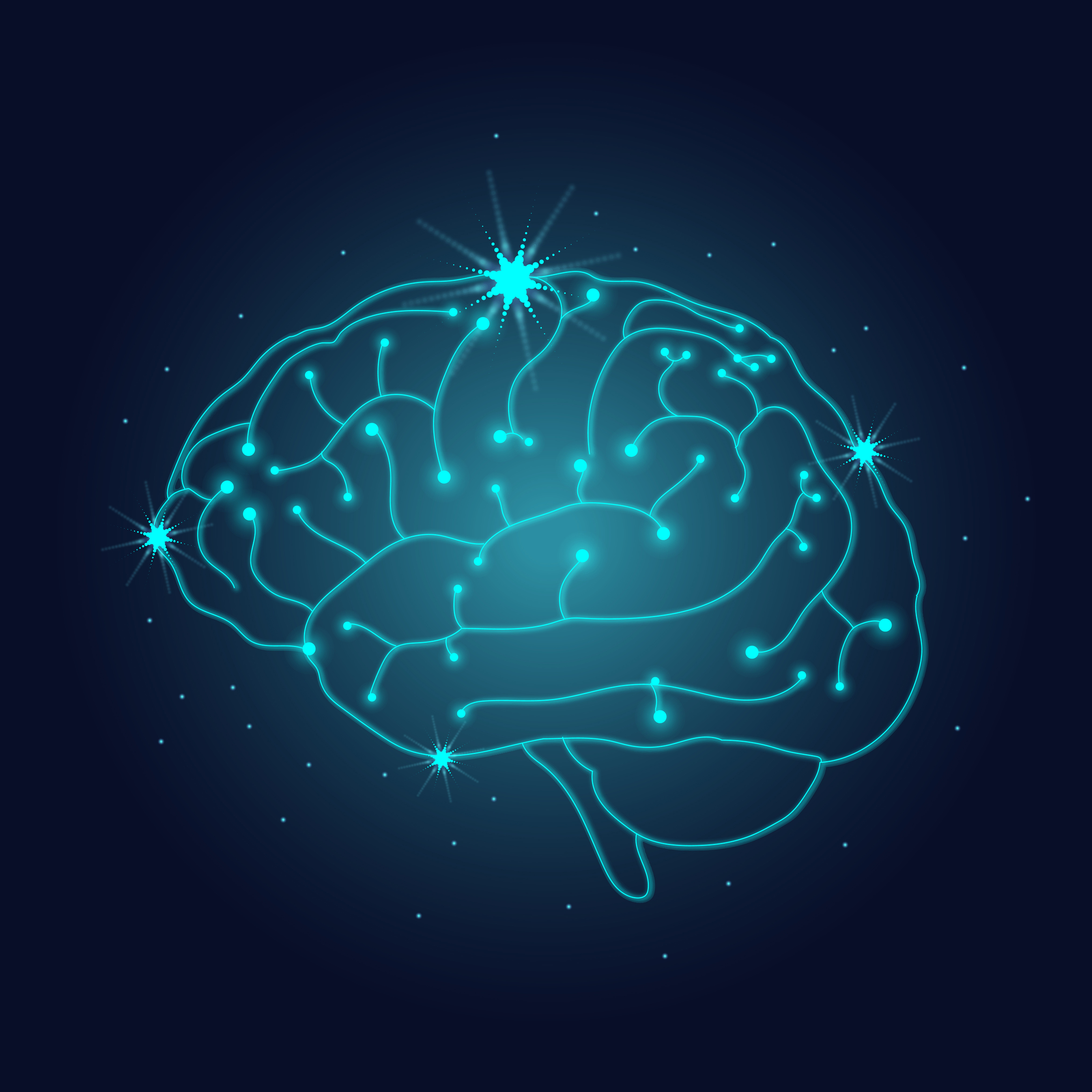

According to new research from UTHealth Houston, temporal lobe epilepsy patients may predict seizures more than 30 minutes before they begin, which opens the door to a therapy employing electrodes that could be activated to prevent seizures from occurring.
The study was just published in NEJM Evidence under the direction of Sandipan Pati, MD, associate professor in the Department of Neurology at McGovern Medical School at UTHealth Houston.
“The ability to predict seizures before they occur is a major step forward in the field of epilepsy research,” said Pati, senior author of the study and a member of the Texas Institute for Restorative Neurotechnologies at UTHealth Houston Neurosciences. “These findings are significant because they suggest that we may be able to develop more effective therapies for epilepsy, which could greatly improve the quality of life for patients who suffer from this condition.”
The most prevalent kind of treatment for many epilepsy patients is surgery. But, surgically removing a portion of the brain is not an option when seizures impact bigger portions of the brain. According to Pati, neuromodulation therapy might be an alternate treatment for people who are experiencing these seizures.
Previous studies using continuous electroencephalography (EEG), which measures and records electrical activity in various brain regions, have suggested that seizures in people with focal-onset epilepsies typically take place during times of increased risk, which are represented by pathological brain activities referred to as “pro-ictal states.” The success of adaptive neuromodulation depends on the early detection of seizures, which enables the application of therapeutic electrodes to the thalamus and the seizure onset zone of the brain.
Pati’s team examined a prospective, continuous series of 15 patients with temporal lobe epilepsy who underwent limbic thalamic recordings in addition to standard intracranial EEG for seizure localization in order to distinguish these pro-ictal states. They looked at 1,800 patient hours of continuous EEG in total.
Patients with temporal lobe epilepsy had pro-ictal states identified by the researchers at least 35 minutes before the start of a seizure. In 13 out of 15 participants, pro-ictal states could be detected at least 45 minutes before the start of a seizure. They could be recognized up to 35 minutes earlier in two out of 15 subjects.
Pati’s notion still needs to be put to the test in clinical trials, but he thinks that modulating these brain areas during pro-ictal periods may be a useful therapeutic strategy for the treatment of temporal lobe epilepsy. Yet, this knowledge might result in the creation of medication or electrical therapy meant to stop seizures.
“This study was made possible by the collaboration of a team of experts in neurology, neurosurgery, and neuroscience,” he said. “It highlights the importance of interdisciplinary research in advancing our understanding of brain disorders.”
The most prevalent seizure disorder, which affects over 50 million people worldwide, is temporal lobe epilepsy. On each side of the head, behind the temples, there are two temporal lobes. About 80% of all temporal lobe seizures are caused by mesial temporal lobe epilepsy, which is characterized by seizures beginning in or close to the hippocampus, a region of the brain that regulates memory and learning. Seizures beginning in the lateral temporal lobe are referred to as neocortical or lateral temporal lobe epilepsy.
The work was supported by Omar A. Alamoudi, Ph.D., a postdoctoral research fellow in the McGovern Medical School’s Department of Neurology at UTHealth Houston. Adeel Ilyas, MD, and Kristen O. Riley, MD, both from the University of Alabama in Birmingham, were other co-authors.
more recommended stories
 Nanoplastics in Brain Tissue and Neurological Risk
Nanoplastics in Brain Tissue and Neurological RiskKey Takeaways for HCPs Nanoplastics are.
 AI Predicts Chronic GVHD Risk After Stem Cell Transplant
AI Predicts Chronic GVHD Risk After Stem Cell TransplantKey Takeaways A new AI-driven tool,.
 Red Meat Consumption Linked to Higher Diabetes Odds
Red Meat Consumption Linked to Higher Diabetes OddsKey Takeaways Higher intake of total,.
 Pediatric Crohn’s Disease Microbial Signature Identified
Pediatric Crohn’s Disease Microbial Signature IdentifiedKey Points at a Glance NYU.
 Nanovaccine Design Boosts Immune Attack on HPV Tumors
Nanovaccine Design Boosts Immune Attack on HPV TumorsKey Highlights Reconfiguring peptide orientation significantly.
 High-Fat Diets Cause Damage to Metabolic Health
High-Fat Diets Cause Damage to Metabolic HealthKey Points Takeaways High-fat and ketogenic.
 Chronic Brain Compression Triggers Neuron Death Pathways
Chronic Brain Compression Triggers Neuron Death PathwaysKey Takeaways Chronic brain compression directly.
 Acute Ischemic Stroke: New Evidence for Neuroprotection
Acute Ischemic Stroke: New Evidence for NeuroprotectionKey Highlights A Phase III clinical.
 Needle-Thin Brain Implant for Layer-Specific Brain Research
Needle-Thin Brain Implant for Layer-Specific Brain ResearchKey Takeaways Researchers have developed a.
 Statins Rarely Cause Side Effects, Large Trials Show
Statins Rarely Cause Side Effects, Large Trials ShowKey Points at a Glance Large.

Leave a Comment